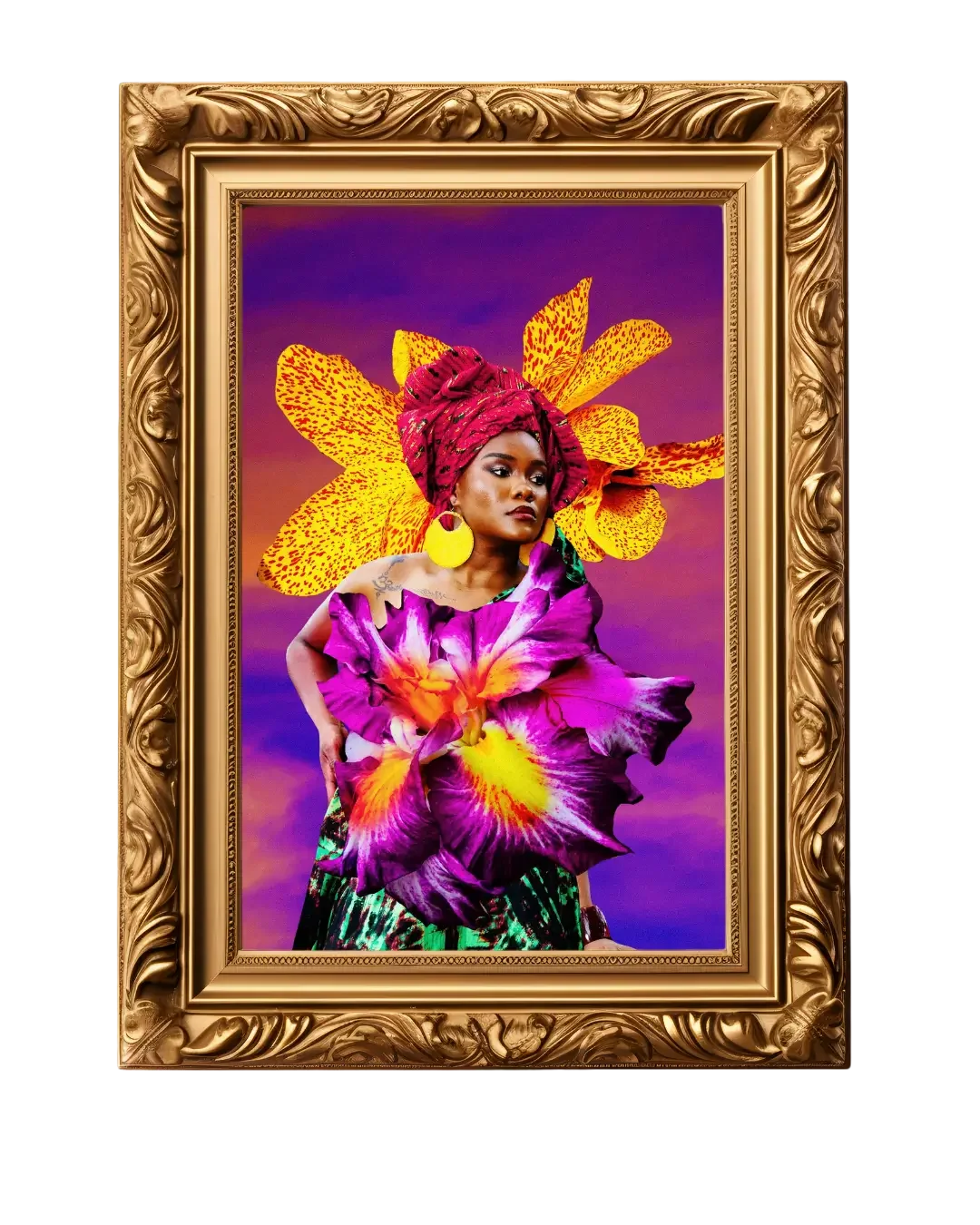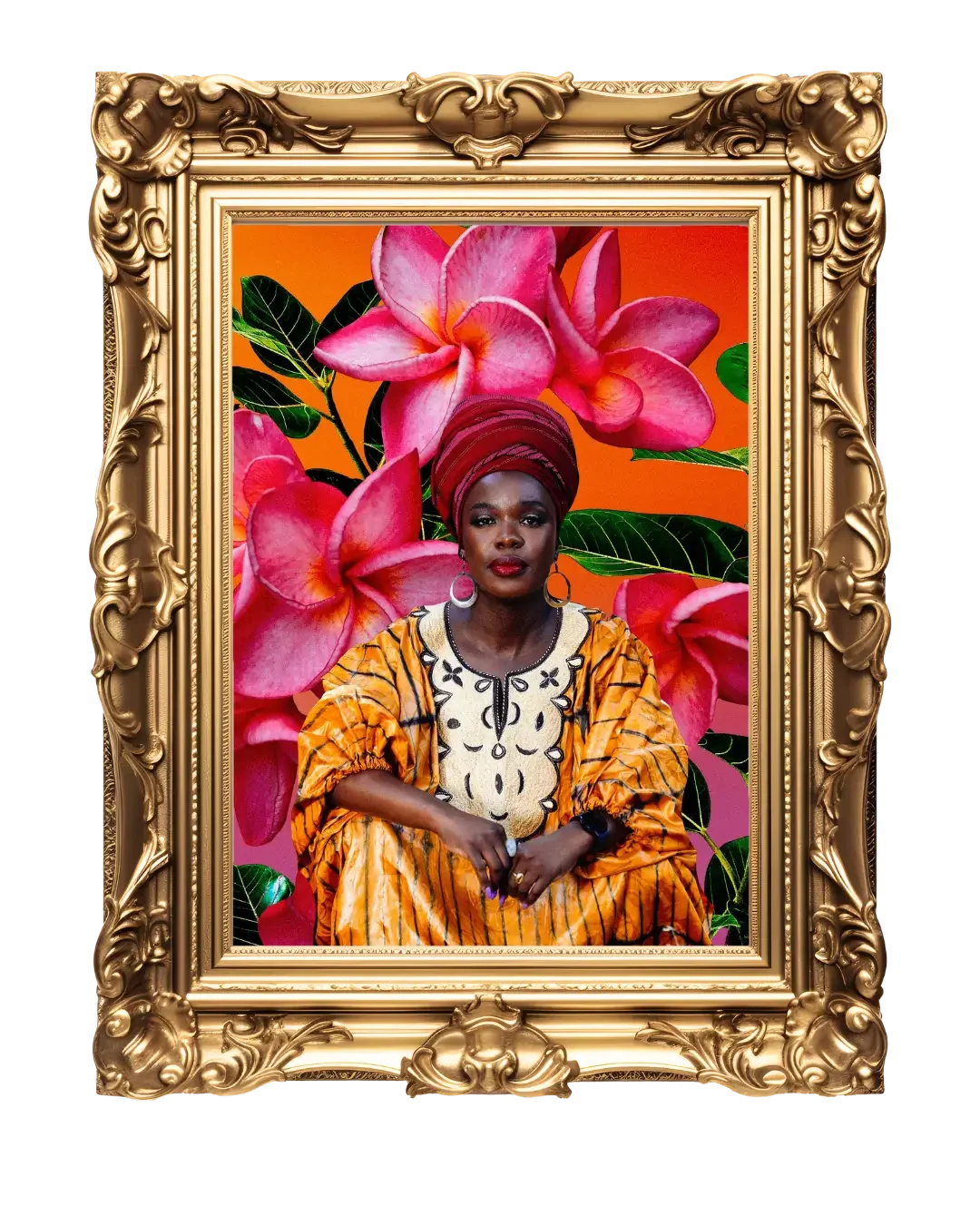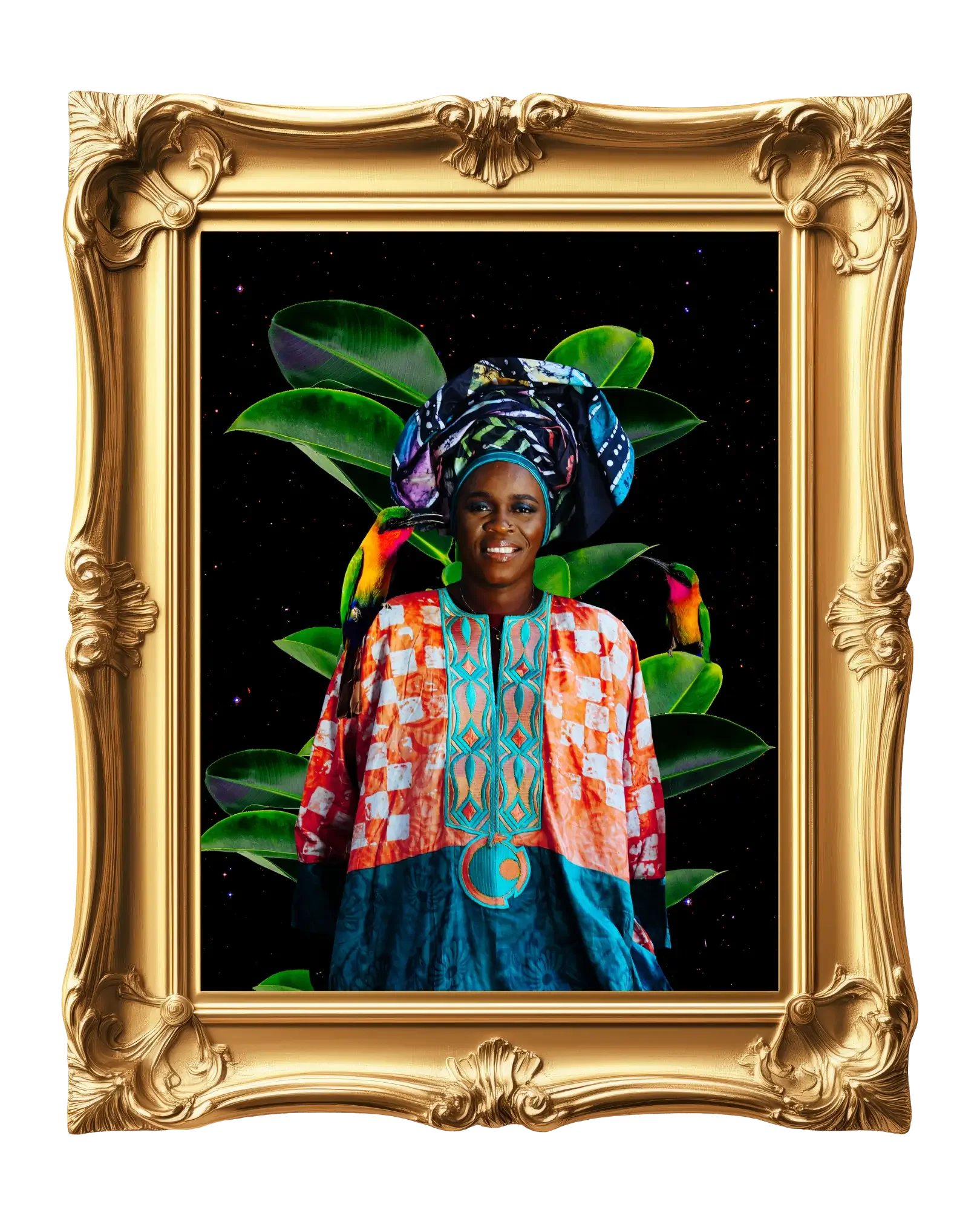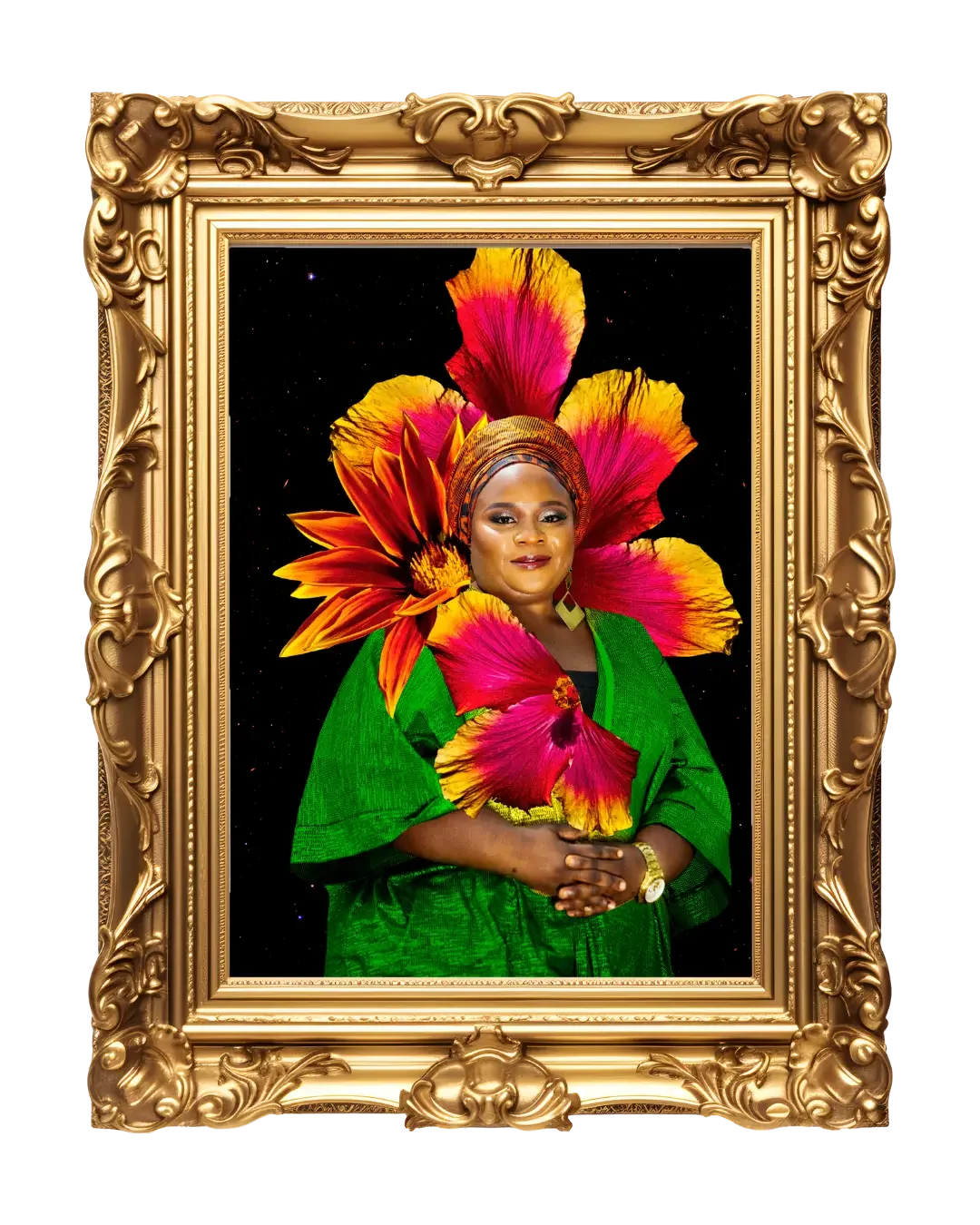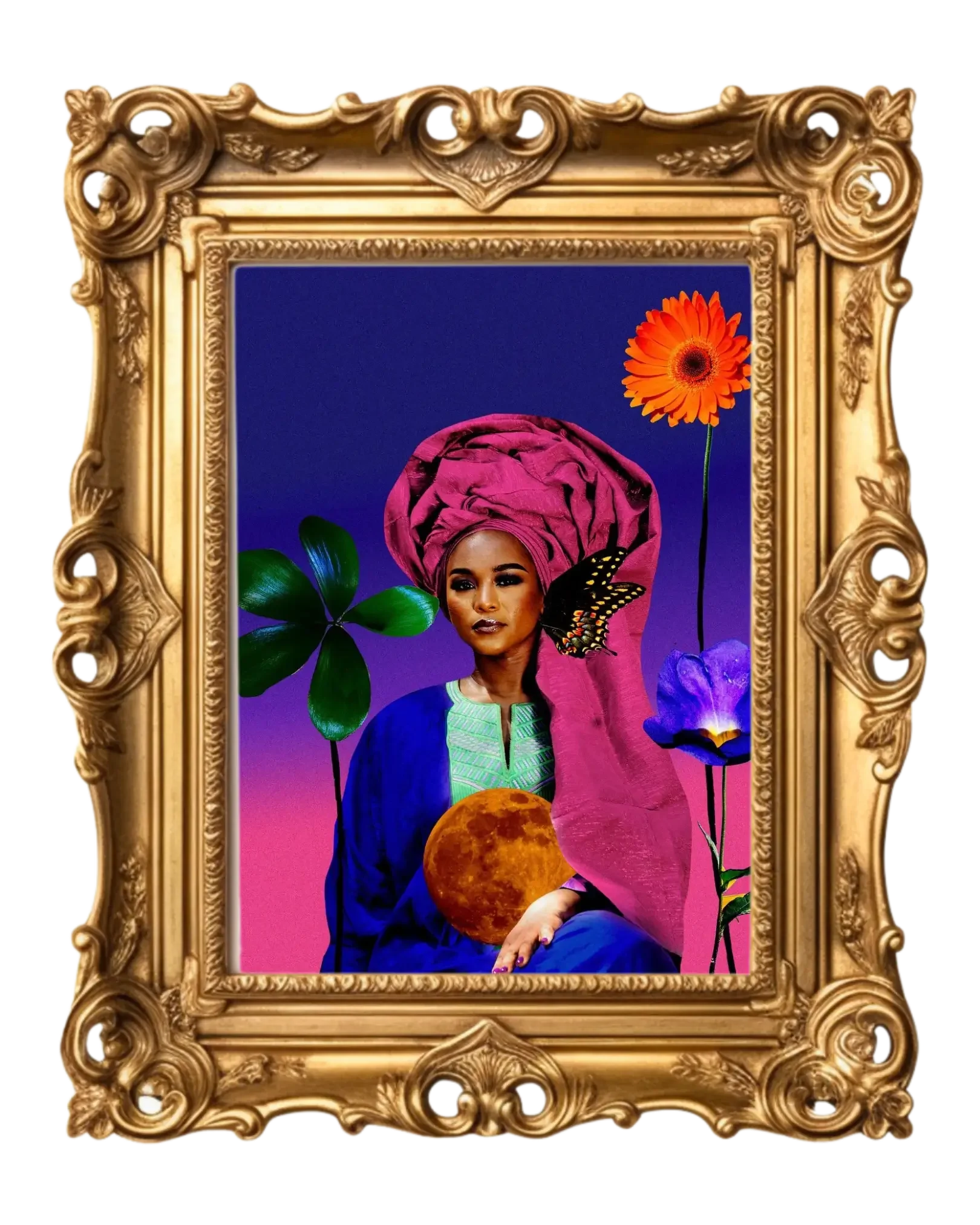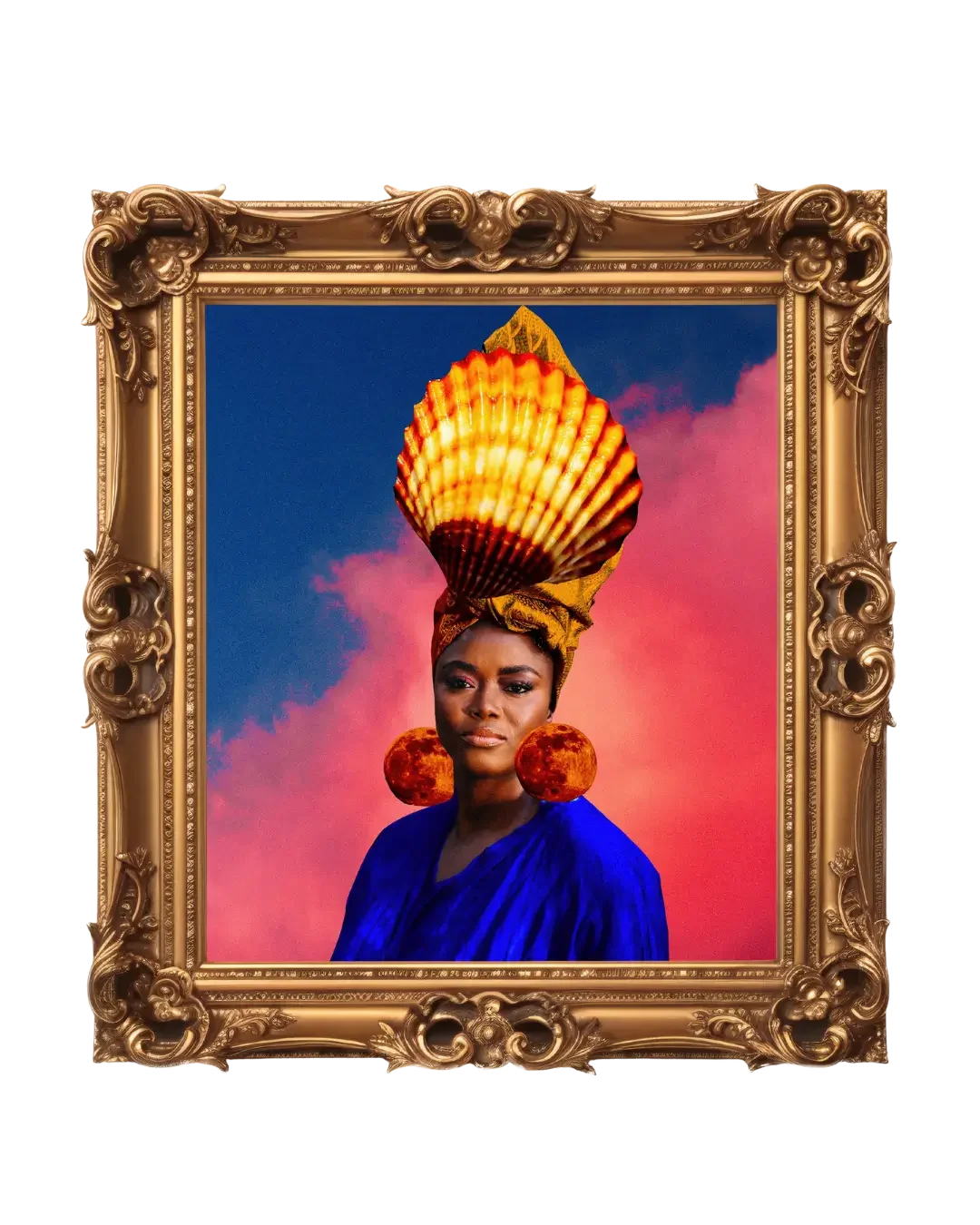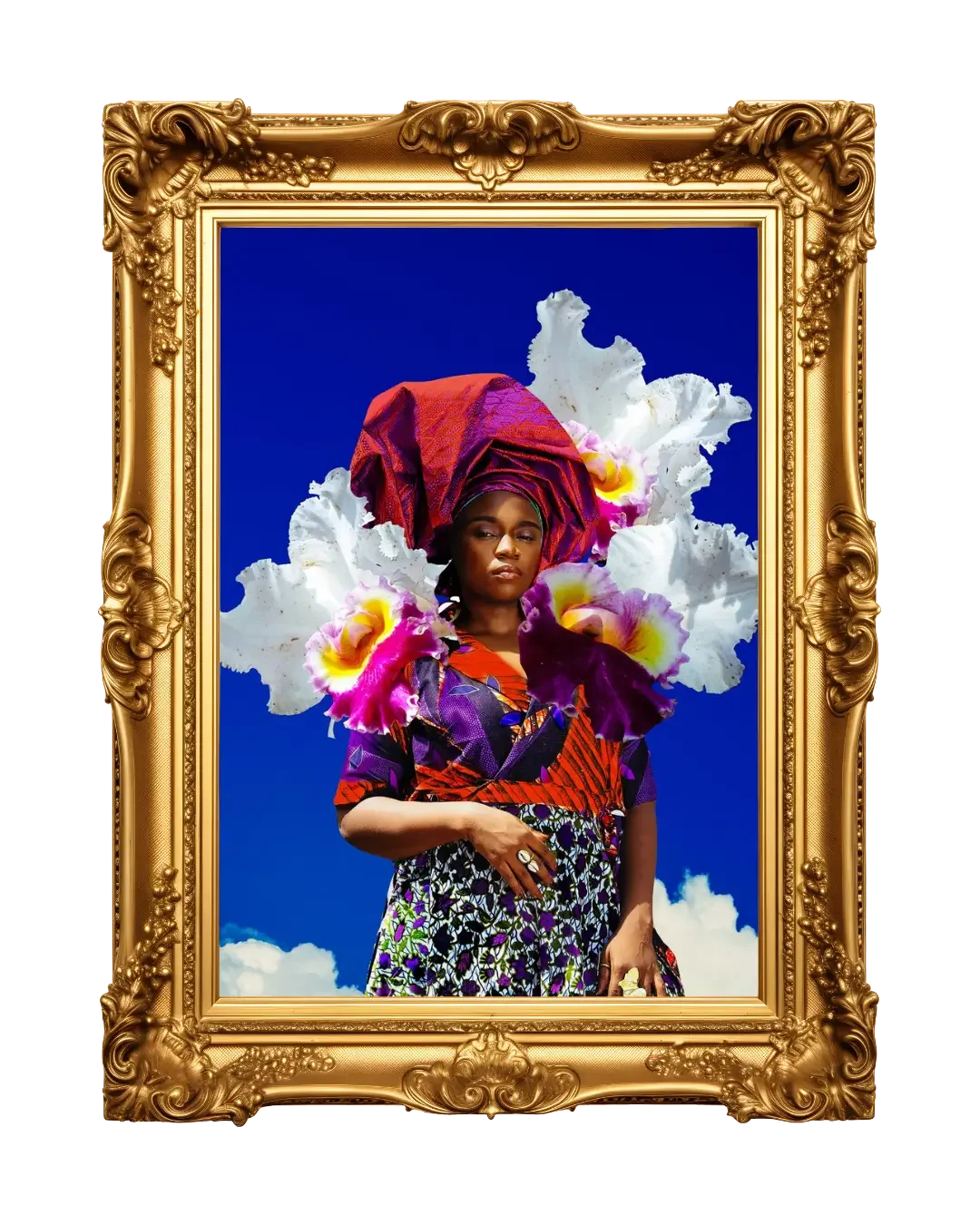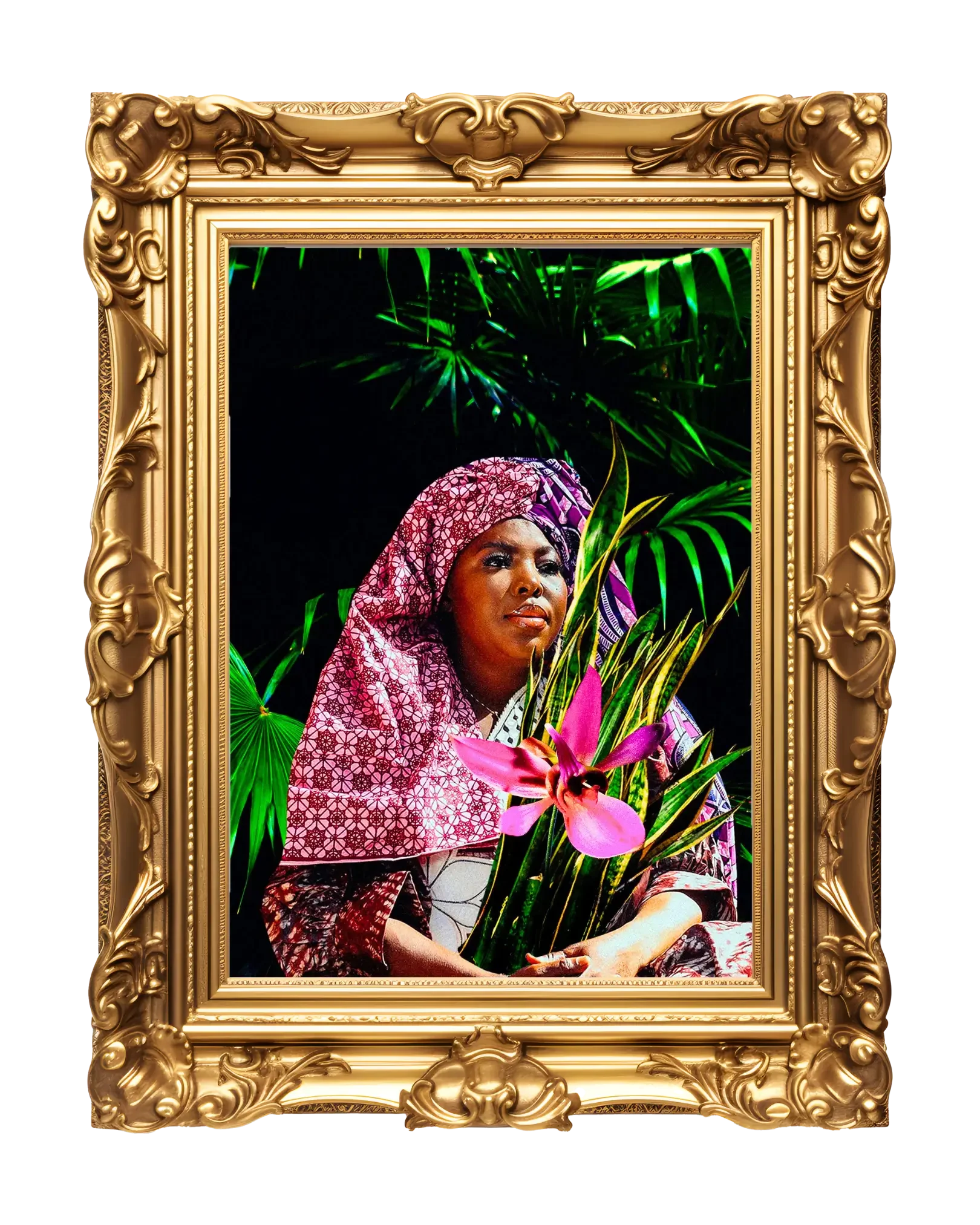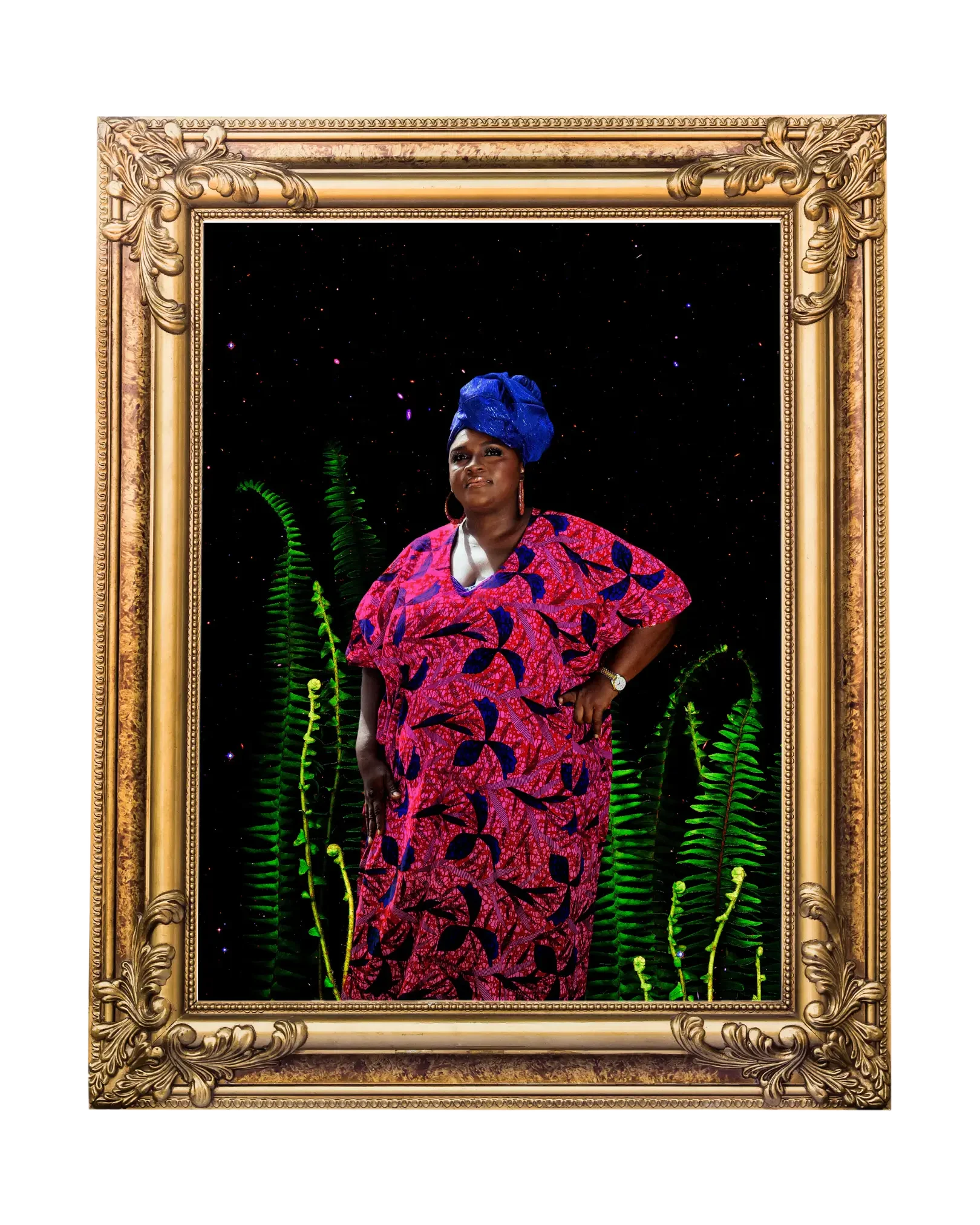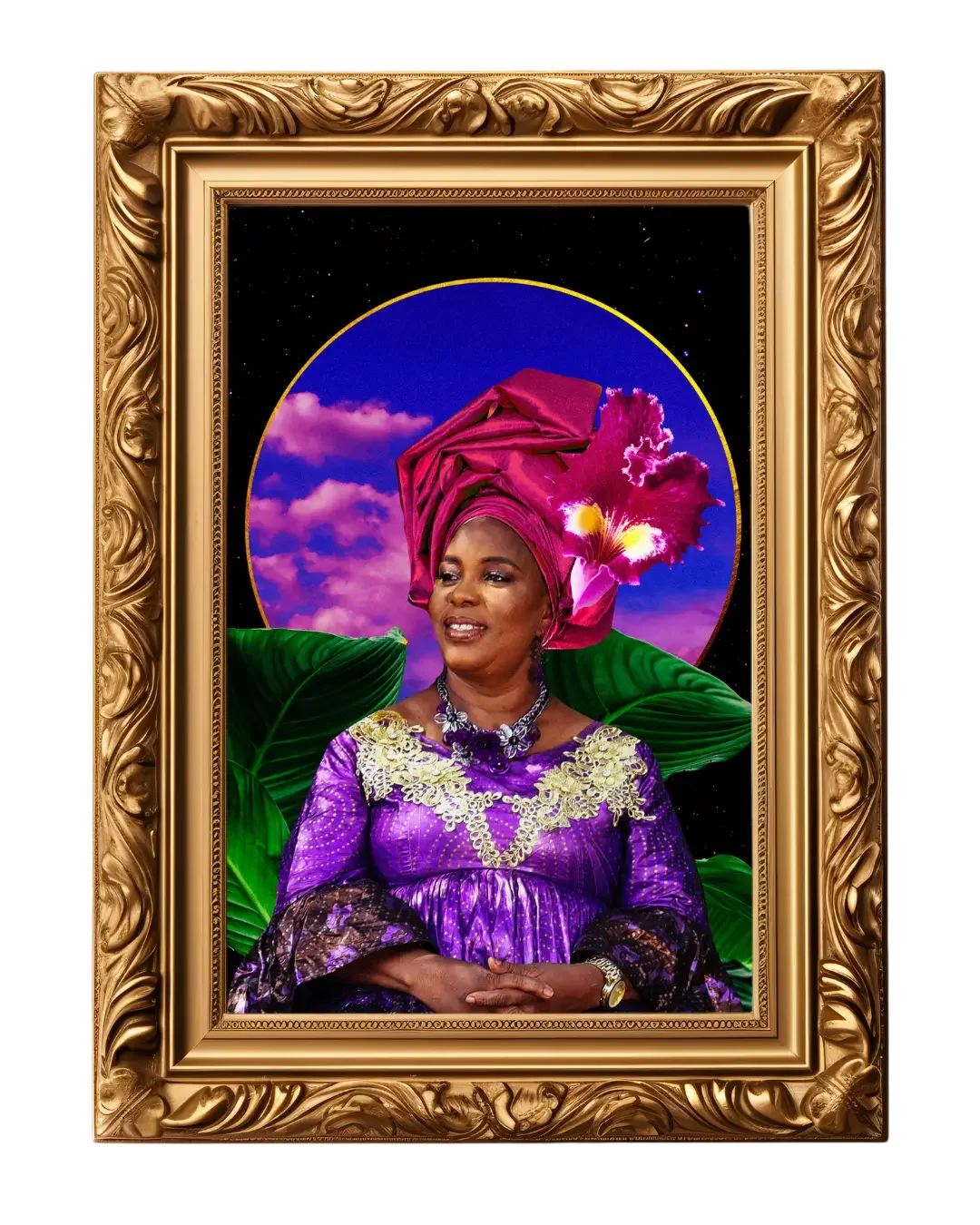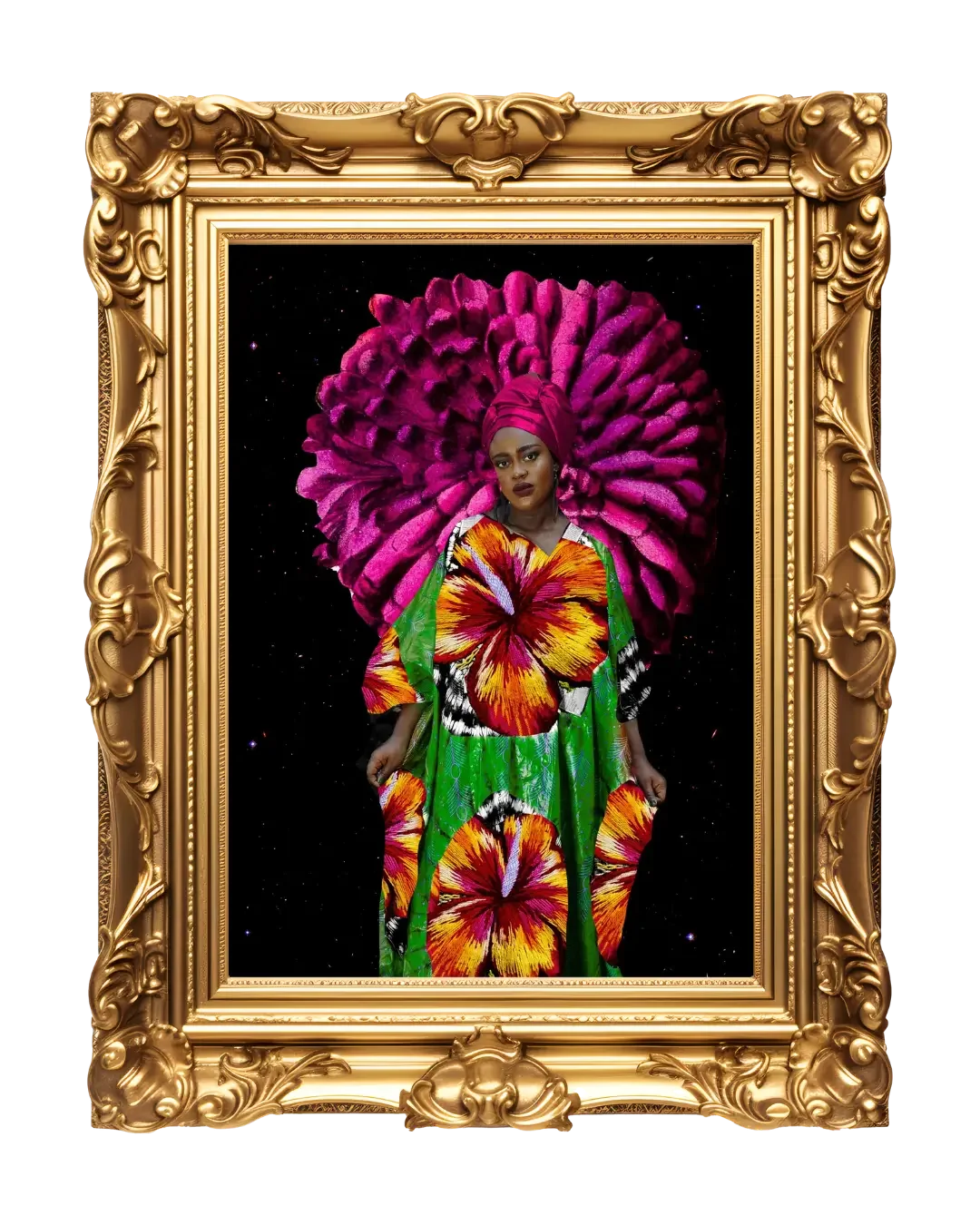Unmute the Womb: Voice as Data. Stories as Evidence.
Unmute the Womb breaks this silence, transforming women's lived experiences into the evidence that drives systemic change.
This is not just storytelling. This is systems change.
What Unmute the Womb Is
A Movement, Not a Moment
Unmute the Womb is Africa's first large-scale campaign centering women's uterine health experiences as both advocacy and data. Birthed by Youterus Health, this growing storytelling campaign builds a living archive of uterine experiences across Africa, where every story collected becomes evidence, every testimony informs policy, and every voice strengthens the case for change.
Storytelling as power.
Storytelling as data.
Storytelling as disruption.
We share women's experiences to surface gaps in care, inform solutions, and influence the systems shaping health delivery. Through this work, we are redefining what counts as credible evidence in public health.
Love's Labor
"The first time, very very first time I see that, I'm scared," Hassanatu admits, remembering her earliest experiences with birth work. "Lots of, you know, the blood and the baby..." Her voice trails off, but her hands keep moving, demonstrating how she positions mothers now, how she guides new life into the world.
The Heat That Never Leaves
She leans forward, her voice urgent as she explains why she shares her story: "Women need to know. This silence around our health problems - it's dangerous. We must speak up. Even if it's difficult, we must warn others so they don't walk this same hard path."
The Lens Through Which I See
She speaks with urgency about breaking silences. "We don't talk about our bodies with our mothers or sisters. We don't dare. But look how good it feels to share these stories. Other women need this too - they just can't get it yet."
The Weight I Cannot Name
When her child fell ill, she found herself alone. "When I called him, my child was sick. My mum refused to comment. I was in this problem." Then came 2023's devastating blow. "I lost my child," she says, her voice dropping. "I cried. I cried. I lost hope."
What Love Demands
When asked to introduce herself, Dr. Wurie's response reveals the heart of her practice: "I am Frances. Named after my grandmother, my maternal grandmother. The eldest of my family, the children in my family. I'm a sister. I'm a daughter. I'm a mother. I'm a friend. I'm a nurturer. I want the best for people."
The Years Between
"At the age of twenty-five, I wanted to have a baby," Mariama Kamara begins, her voice carrying the weight of years spent waiting, hoping, trying. The first doctor's verdict landed like a stone: "Your cervix was too small." What followed was a maze of fertility drugs, procedures, and endless waiting – three years of her body refusing to follow the expected path.
We've Come Home Somehow
This journey has brought her home to herself, though home looks different now. "I'm not there totally," she reflects. "I'd probably be there like 90% at this point but I probably would never be there totally anymore. But I can confidently say we've come home somehow, and home is a bit different now but it's still home."
The Path Back
Her brush with death shapes her vision for women's healthcare. "No woman should die of any condition related to women's business, especially gynecological problems," she states firmly. "I want women to have facility to be tested, at least for free. To know their condition before it leads to death or trauma."
Learning to Love and Let Go
"Last Friday was the first time I said it out loud in public – I no longer have a uterus." Ariana speaks these words with quiet strength, ready at last to share the story of her womb. A story that began with joy at age ten, twisted through years of excruciating pain, and led her finally to radical acceptance.
Aunty Mummy's Medicine
"I'm not afraid of anything. That's why my grandmother was so like me," Aunty Mummy declares, her voice carrying over the afternoon birdsong. We sit outside under a canopy's shade, surrounded by the quiet presence of abandoned buildings with their empty doorways and worn stairs. Tall grass sways in the breeze, and native plants push through the cracks in old concrete, nature slowly reclaiming its space.
All Will Be Well
At twelve, a missed period taught Mamawa Kaikai her first lesson in fear. "What did you do?" her aunt demanded, dragging her to church for prayers. No one suggested medical help. Years of "spiritual deposits" and pastors' hands followed before she finally found a different kind of healing – in feminist theory and radical self-acceptance.
A Woman's Knowing
"Today I feel like a real African woman, a strong Black African woman," Isata proclaims, her pride radiating as she smooths her traditional attire. The beauty she carries flows from generations of wisdom passed through her hands.
Why Stories Matter
From Silence to Systems Change
Stories bring human shape to the weight of silence, the ache of waiting, and the relief of finally being seen. They reveal how fibroids and other uterine conditions are not just medicalissues but life issues, shaping work, relationships, dreams, and dignity.
These are not just individual stories. They are evidence. They shape our advocacy, inform our health interventions, and guide our vision for the Uterine Health Fund.
We are transforming African women’s health, building what should have always existed, so that every woman can live, work, and thrive with dignity.
See how your voice can help reshape women’s health.
Discover how we’re building lasting systems together.
Explore how collaboration drives policy and reform.
Choose your path forward. The movement is waiting.

